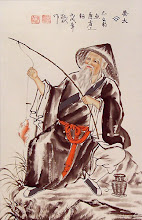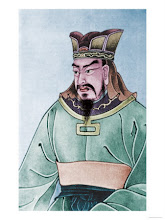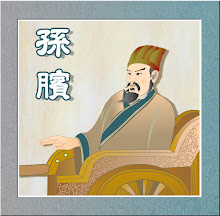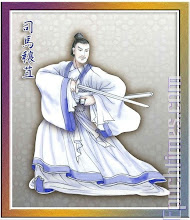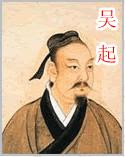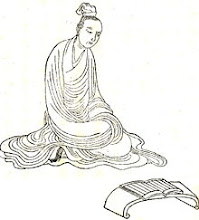In order to lay out strategies and do the different function of military operation, soldiers are needed. To form an army or a formation, skilled soldiers are needed. To find fine and powerful soldiers, highly-skilled soldiers are needed. In ancient war, soldiers are needed to defense their loved ones and their nation. Before soldiers were the people, normal people with hidden talents.
Confucius since said: to send people to war without teaching them is abandoning. Therefore, soldiers must be skilled in fighting and armed with weapons. The important and main factor of a powerful army is Unity. With unity, the soldiers will stay together as one even in time of chaos. In Wu Tzu’s Art of War, it stated the unity between soldiers and generals.
There are five main factor of getting a great army; formation, strength, morale, speed and weaponry.
- · Formation - Neatness in arrangement, orthodox and unorthodox
- · Strength - large amount, discipline, strictness, types of troops
- · Morale - eagerness
- · Speed - fast
- · Weaponry - spear, sword, axe, arrow/ siege
In Zhuge Liang’s 將苑, there are ways of training an army:
1. Train them in conduct and duty 2. Teach them to be loyal and trustworthy
3. Instruct them in military rules and penalties
4. Awe them with rewards and punishments
5. Only when the above all are done, then train them in maneuvers and formation
With this, one person can teach 10 people, 10 people can teach 100, 100 people can teach 1000and soon developed into armed forces. Observe their performance and use them according to their talents, give them weapons to protect themselves from danger.
Next, we refer to the Questions and Replies between Emperor Tang Taizong and General Li Jing on the training of arrangement and formations. In 唐李問對, training of soldiers should start from the lowest to the highest level.
- · Firstly, divide the soldiers into small fighting squad
- · Secondly, organize them into platoons
- · Thirdly, form them into battalions
- · Lastly, put them together to form different army formation
Training in this order will make the formation stronger. Even though the strong formation is broken, the army will broke down into battalions and platoons, forming a new and neat formation.
Lastly, Endurance and Consistency is needed to maintain the strength of the army. The soldiers should continue their strict training and not let down their guards, even though they gain big victory. Discipline must be upheld and military rules must not be lightened. Rewards and punishment should be given accordingly. If rewards and punishments are not given accordingly, the soldiers will not trust the general. If discipline is not observed, then the soldiers will lax. If the soldiers do not undergo strict and consistent training, they are unprepared for war.











